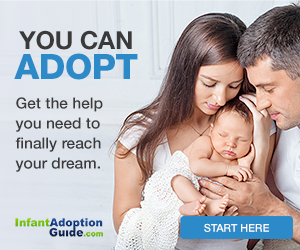Bethany Adoption Agency Opens Services to Same-Sex Couples

One of the nation’s largest evangelical adoption agencies will now extend services to same-sex couples looking to adopt.
In a reversal of widely accepted policy among evangelical adoption agencies, Bethany Christian Services has announced that it will no longer exclude same-sex couples from the opportunity to adopt. The traditional stance of Christian adoption agencies has been to serve only married couples consisting of a man and a woman. Serving same-sex couples, which Bethany immediately began doing after the announcement this month, usually presents the donors of such agencies with a moral crisis: How can agencies run by Christians, who by Church teaching object to homosexuality, in good conscience offer adoption services to homosexual couples seeking to become parents? This is the dilemma that often leads donors to withdraw their financial help.
Bethany president and chief executive Chris Palusky understands the difficulty the new policy is likely to present to donors and others associated with the agency. For him, however, the broader goal of placing children with loving families is the more pressing matter. Palusky, in his email to staff announcing the change in practice, noted, “We’re taking an ‘all hands on deck’ approach where all are welcome.”
In recent years, many city and state governments have begun enforcing mandates that, on penalty of government contract suspension, prohibit adoption agencies from declining to facilitate LGBTQ adoption. Up to this point, most evangelical adoption agencies have followed an unwritten policy of referring same-sex couples to other agencies. Some evangelical groups that have complied with new and related rules, and thereby essentially questioned traditional protocol, have encountered donor backlash for doing so. Palusky himself formerly worked with the Christian relief organization World Vision, which, in 2014, within two days retracted its new openness to hiring individuals who were part of same-sex couples. The intense opposition from donors was too detrimental.
Bethany is not a stranger to the relaxation of policies that stem from Christian tenets. The agency revised its 2007 position statement, which had reinforced the idea that marriage is between one man and one woman. The statement now reads, “Christians of mutual good faith can reasonably disagree on various doctrinal issues, about which Bethany does not maintain an organizational position.” While the statement does not endorse or encourage same-sex marriage, it has proven to be a step toward the more inclusive policy Palusky announced this month. It is a significant change for Bethany, one of the country’s largest evangelical adoption agencies, and for hopeful same-sex parents.

